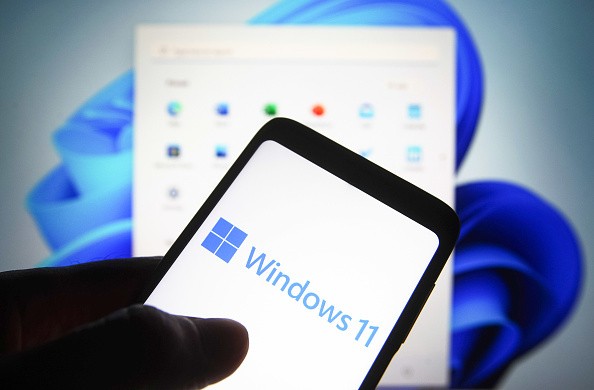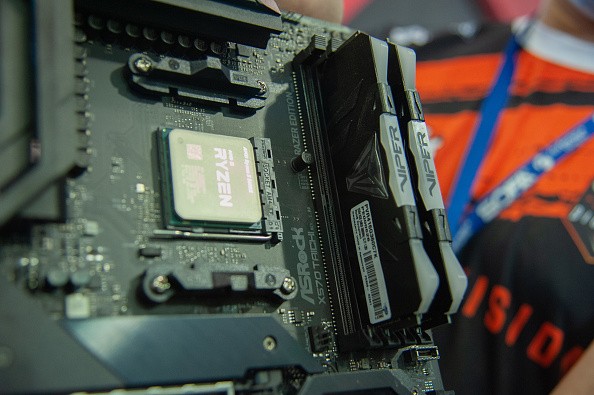Windows 11 users have been promised a "faster" OS by next year, as Microsoft claims that a lot of major fixes are on the way.

These claims were made in a recently held Reddit AMA by the Windows Developer Team, reports TechRadar. In the AMA, the team responded to a user question about the sluggishness of the UI, to which they responded that performance will be their area of focus for 2022.
The same user also detailed other issues, starting with Windows 11's File Explorer. As per another TechRadar report, the problems are likely due to how Microsoft changed the context menu in the OS.
Users say that opening the context menu feels so slow, with around half of the items stuck at "loading" even after the menu has loaded in.
In Windows 10, while there's a lot more fluff in the menu, users are saying that it did, at least, load up instantly.
It's this sluggishness that has caused some users to actually go back to using Windows 10 for the meantime.
Windows 11 has been out for around five months now. And while Microsoft did do a lot of things right, the new OS is still suffering from a lot of bugs and major performance issues.
This doesn't seem to affect its overall market share. As of the moment, Windows 11 has a 4.8 percent market share, according to MSPowerUser. While this doesn't even come close to Windows 10's 34 percent, some can still consider it a good start.
What Issues Have Been Plaguing Windows 11 Lately?
There are so many problems out there that are preventing people from using Windows 11--aside from the free upgrade that a lot of Windows 10 users have been waiting for.
Let's start with one of the biggest: the issue with AMD Ryzen processors. Early in October, it was reported that people with Ryzen-based systems have been experiencing as much as a 15 percent performance dip in certain workloads--particularly eSports gaming.
Users could expect a 3-5% performance dip for other applications.

AMD themselves warned users who own Ryzen processors of the problem. As per PCMag, the problem extends from their latest Ryzen 5000 lineup to as far back as the Ryzen 2000 series--all CPUs which are deemed officially compatible with Windows 11.
As of this writing, the problem has been patched with Windows 11 build 22000.282. According to The Verge, the fix targets the affected CPUs L3 caches, which they say are getting their latencies almost tripled, causing the 15 percent performance decrease.
This is just one problem that's plaguing Microsoft's latest OS, but it doesn't change the fact that early adopters are having trouble making it work like it's supposed to.
Is It Worth Upgrading Now?
At the end of the day, it depends on user preference. Windows 11 does bring about a lot of major changes--positive changes to multiple types of workloads, including gaming and productivity. That is, if it decides to cooperate.
This article is owned by Tech Times
Written by RJ Pierce
![Apple Watch Series 10 [GPS 42mm]](https://d.techtimes.com/en/full/453899/apple-watch-series-10-gps-42mm.jpg?w=184&h=103&f=9fb3c2ea2db928c663d1d2eadbcb3e52)



